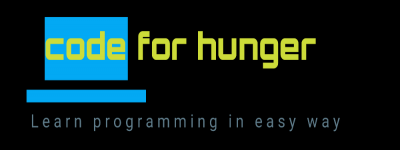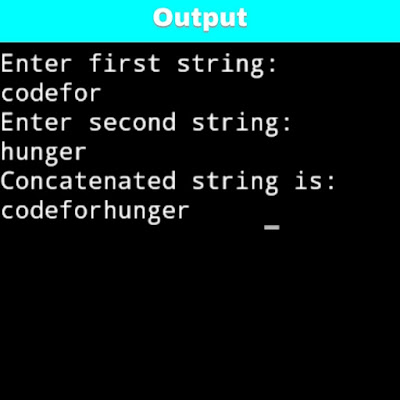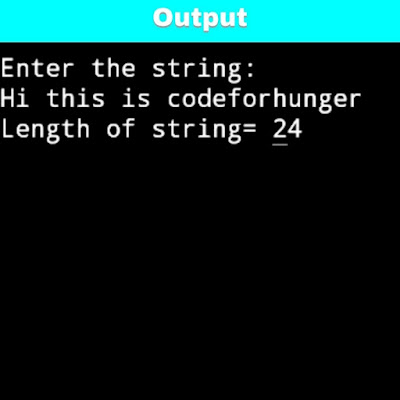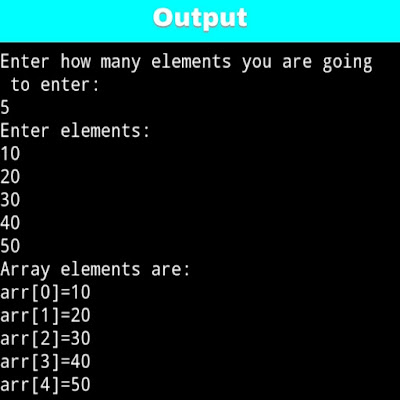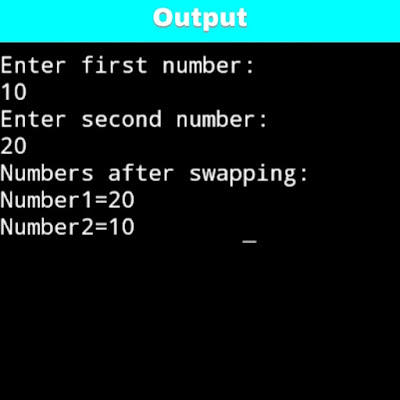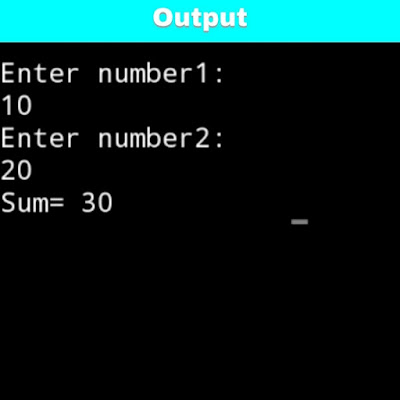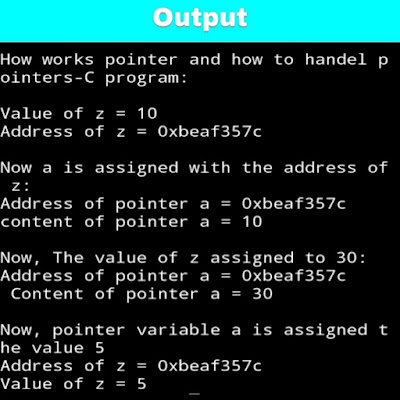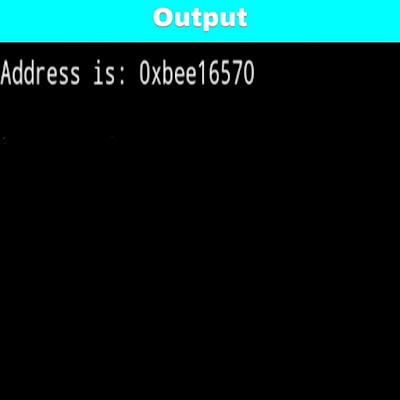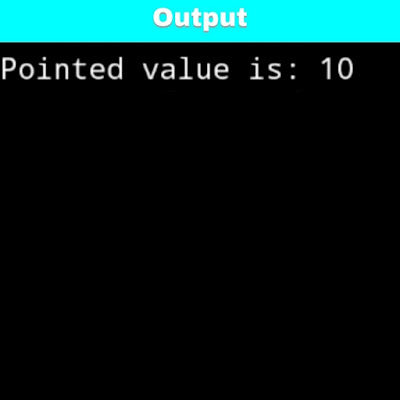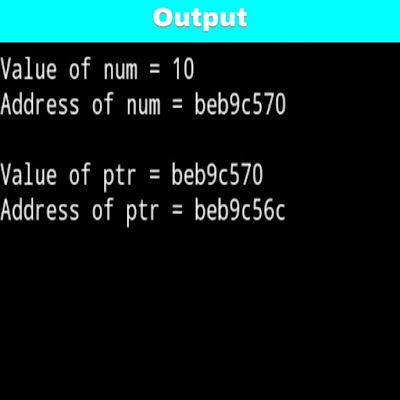Ex: Write a C program to concatenate strings using pointers. How to write a C program to concatenate strings using pointers. C program to concatenate strings using pointers.
Input from user:
Enter first string:
codefor
Enter second string:
hunger
Expected output:
Concatenated string:
codeforhunger
Step by step logic of the given program:
1. Accept two strings from user declare variables say str1 and str2.
2. Run while loop till end of first string:
while(*s1)
{
s1++;
}
3. Run while loop till end of second string and inside the while loop copy second string to first string:
while(*s2)
{
*s1=*s2;
s1++;
s2++;
}
4. After that end first string with NULL(\0).
5. Last, print concatenated string str1.
C program to concatenate two strings using pointers:
#include<stdio.h>
#define max 100//declare max size 100
int main()
{
char str1[max],str2[max];
/*declare pointers for str1 and str2*/
char *s1=str1,*s2=str2;
printf("Enter first string:\n");
gets(str1);
printf("Enter second string:\n");
gets(str2);
while(*s1)/*till end of the first string*/
{
s1++;/*point to the next character*/
}
while(*s2)/*till end of the second string*/
{
*s1=*s2;
s1++;
s2++;
}
/*Make sure that str1 end with NULL*/
*s1='\0';
printf("Concatenated string is:\n%s",str1);
return 0;
}
Above program shows the following output:
